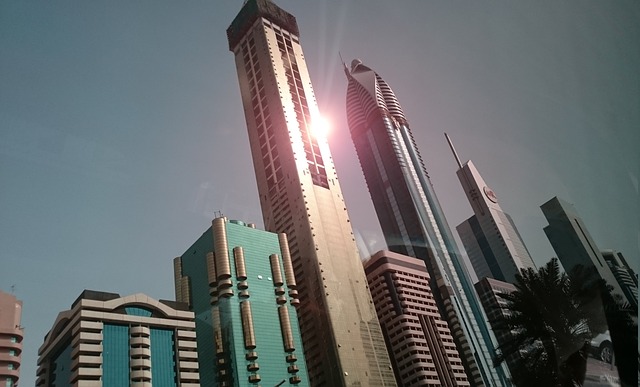Although the UAE is rarely mentioned in relation to the Arab Spring, Emiratis did not remain silent in 2011. A group of activists petitioned the president to call for democracy, an elected parliamentary body, and legislative powers for the Federal National Council. A majority of the petitioners belonged to an Islamist organization called al-Islah, which UAE authorities claim is a local branch of the Muslim Brotherhood.
The Government of the UAE moved swiftly to silence these calls for reform. Authorities began to arrest activists on 26 March 2012, proceeding with additional waves of arrests over the next few months. Government officials claimed that those calling for democratic reforms were planning a coup. The UN Working Group on Arbitrary Detention (WGAD) read the calls for reform differently, stating “expressing criticsm of one’s country and its leaders and communication with other political actors in a peaceful way should not be categorized as an attempt to overthrow a Government.” The official charges against the activists were not made public until January 2013.
The government ultimately arrested 94 people on charges of planning a coup. The group included prominent lawyers, judges, academics, human rights advocates, and former government officials. Little concrete information exists on the fate of those detained in the months following their arrests. At least 44 of the 94 detainees spent between six and eleven months in detention without appearing before a judge, and up to 70 were held in secret detention with little to no access to the outside world. Both Human Rights Watch and the WGAD noted that credible allegations of torture against the detainees were not investigated.
The mass trial of those who became known as “the 94” began on 4 March 2013. Proceedings took place over the course of 13 hearings between March and May. The State Security Chamber of the Federal Supreme Court, which does not allow appeals, held the hearings. A number of UN Special Procedures expressed concern about procedural irregularities throughout the course of the proceedings. Court guards blocked an Amnesty International trial observer, observers from the International Commission of Jurists, and other international experts from attending hearings, and the state reportedly used confessions obtained under duress against the accused. The International Commission of Jurists described the trial as “manifestly unfair.”
On 2 July 2013, the State Security Chamber found 69 out of the 94 defendants guilty of founding an organization with the intent to overthrow the government. Eight people received 15-year prison sentences in absentia and currently reside outside the UAE. The other 61 remain in UAE prisons serving terms ranging between seven and ten years. The WGAD published a report to the UN General Assembly in February 2014 concluding that the detentions of the 94 were arbitrary, and that their convictions were based on charges over legitimate acts of free expression and assembly.
Families and supporters of the 94 did not escape government harassment. Authorities jailed a number of people in 2013 for using social media to share support for the 69 prisoners. The government convicted them of violating UAE cybercrime law, which criminalizes online criticism of the state. Security officials banned family members from traveling, subjected them to enforced disappearances, and blocked children from enrolling in public schools. In February 2015, security forces arrested Asma, Maryam, and Alyaziyah Khalifa al-Suwaidi on charges related to a campaign for the release of their brother, detainee Dr. ‘Issa al-Suwaidi. Security forces disappeared the sisters and held them in secret detention for nearly three months before finally releasing them.
The United States considers the UAE to be one of its strongest allies in the Gulf. The country has participated in numerous NATO-led campaigns, including the Afghanistan and anti-ISIL campaigns. It is home to both Jebel Ali, the USA’s most-used overseas port of call, and the al-Dhafra air base. The image the UAE projects to other nations is one of a liberal, booming business hub. But the UAE’s human rights abuses cannot continue unchecked. The United States cannot send the message that it is acceptable for military assistance to come at the price of abandoning human rights defenders; the US must not sacrifice human rights commitments to placate its allies.
We call on the Government of the United Arab Emirates to release the 61 prisoners, vacate the sentences of those convicted in absentia, and implement the recommendations of the United Nations. We additionally call on the international community to hold the UAE accountable to its international commitments by asking the United Nations Working Group on Arbitrary Detention to revisit the case of the 94, and the Special Rapporteur on Torture to investigate allegations of torture against the detainees.





